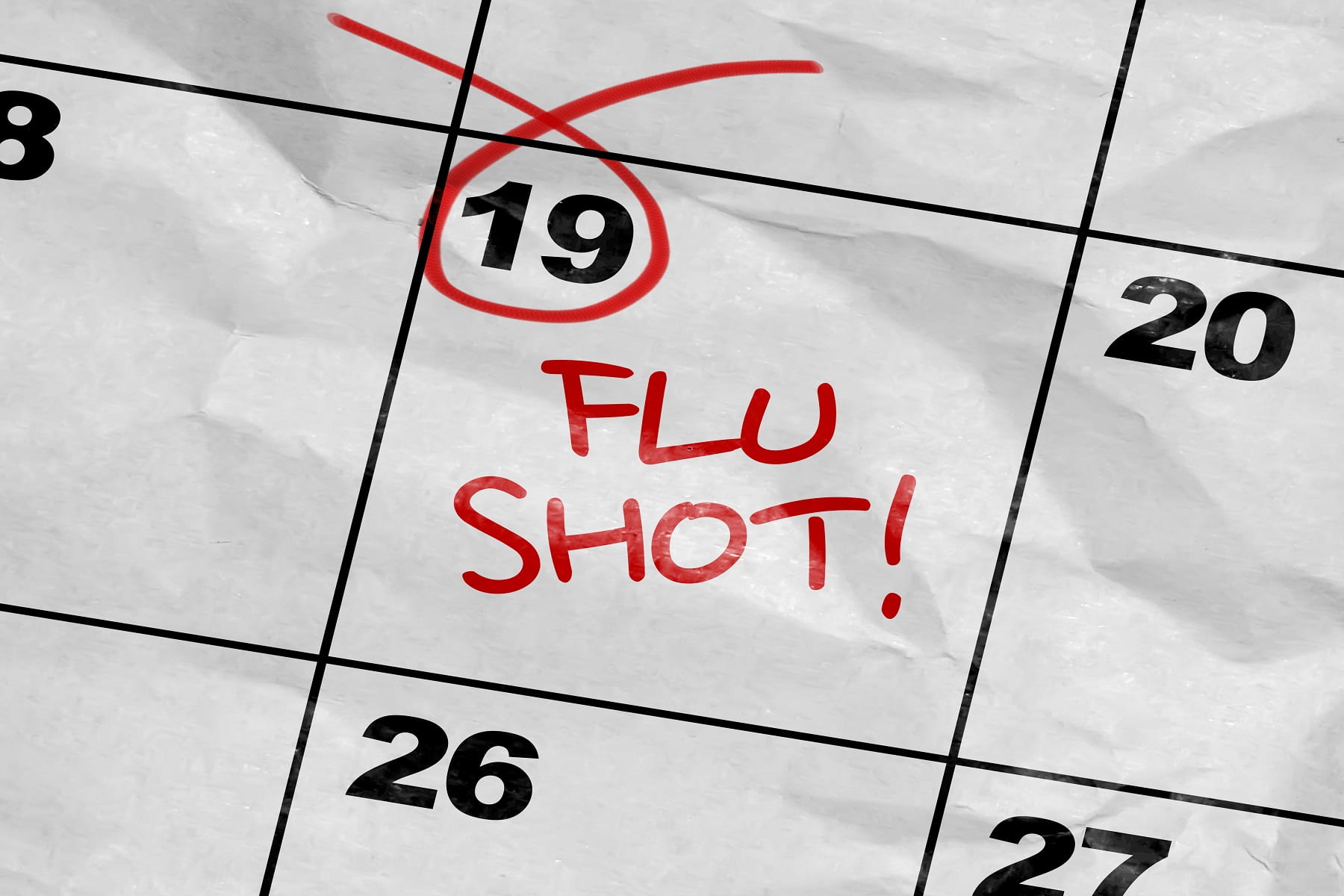In today’s interconnected world, our individual health decisions have a significant impact on the fabric of society. Professors Helen Colby and Meng Li shed light on this topic in their enlightening article. They delve into a specific example: the annual decision to get the flu shot.
Contrary to what one might expect, presenting logical facts about the flu vaccine’s benefits doesn’t typically convince people to get the shot. This reality is alarming, considering that around 60% of Americans opt out of their annual flu vaccination, indirectly posing risks to the most vulnerable populations.
Colby and Li’s research presents an innovative solution – showcasing the flu shot as a ‘bargain deal’. Explaining the financial value of flu shots proved to be a more potent motivator for vaccination than listing health benefits. In a world where most can get the vaccine for a fraction of its actual cost, this strategy could tap into our inherent desire for good deals.
Another interesting finding is the power of specific planning or ‘implementation intentions’. Assisting people in making a concrete plan about when and where they’ll get their vaccine significantly increases the likelihood of follow-through.
Ultimately, the insights from the researchers aren’t restricted to flu vaccinations alone. They represent how, through innovative strategies, we can encourage decisions that contribute to a more sustainable and healthier society.

Leave a Reply